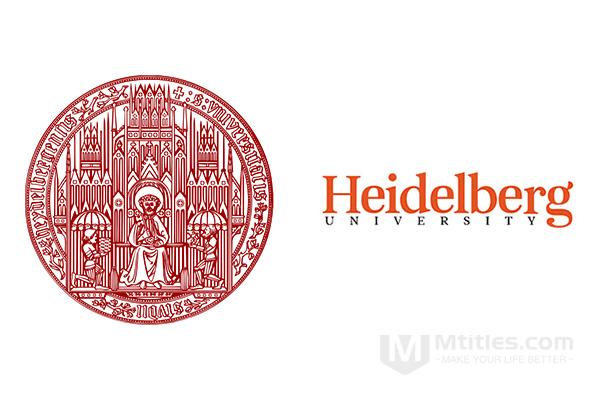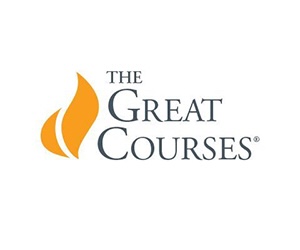#63 Ruprecht-Karls-Universität Heidelberg

Basic Infomation:
World Position: No. 63
Nature of University: Public
Research Findings: Very High
Number of students: 19,347
Number of Teachers: 4,100
Number of international students: 4,048
Ruprecht-Karls-Universität Heidelberg (German: Ruprecht-Karls-Universität Heidelberg; Latin: Ruperto Carola Heidelbergensis) is abbreviated as "Heidelberg University" (also known as Ruperto Carola). It was founded in 1386 and is located in Heidelberg, the university city of Baden-Württemberg, is the oldest university in Germany and the third university in the Holy Roman Empire after Charles University (1348) and the University of Vienna (1365). It is one of the most research-intensive institutions in Europe. one. It is also a member of 4EU+ Alliance, German Elite University, European Research University Alliance, Coimbra Group, U15 University Alliance and European University Association.
The name of the university is to commemorate two celebrities who run the school-Elector Ruplecht is the founding father of Heidelberg University, and Duke Karl Friedrich of Baden is the rebuilding father of Heidelberg University. Heidelberg University has always been a symbol of German romanticism and humanism. The university city of Heidelberg is also a cultural city famous for its castle and the Neckar. Goethe once wrote a poem Ich hab' mein Herz in Heidelberg verloren! "I lost my heart in Heidelberg! "Heidelberg, an ancient and romantic university city, has become popular not only because of its academics, but also because of its unique charm. Mark Twain said that Heidelberg is the most beautiful place he has ever been to.
Heidelberg University is a comprehensive research university. The broad disciplines of its twelve faculties include humanities, law, social and behavioral sciences, life sciences, medicine, and natural sciences. Heidelberg has approximately 160 degree programs, offering a series of outstanding discipline combinations. The university is actively involved in a global network of teaching and research cooperation: 27 institutional partnerships at the university level and exchange arrangements with more than 450 universities around the world highlight the power of Ruperto Carola's international relations. A large number of research and teaching collaborations have also been established at the level of teachers, institutes and chairpersons.
The university is particularly committed to advancing special individual disciplines, promoting dialogue beyond the boundaries of traditional disciplines, and transforming research results into good social and economic uses. In this effort, it also relies on strong partners outside the university.
The success of Heidelberg University in the excellence plan and excellence strategy, as well as its position in the internationally recognized rankings, confirms Heidelberg University's leading position and excellent reputation in the academic, scientific and research fields. Ruperto Carolala educates students and trains outstanding young researchers in his graduate school, emphasizing research-based teaching and structured doctoral training programs. Hegel, Li Linsi, Feuerbach, Max Weber and others all studied or taught at Heidelberg University. As of 2017, a total of 56 [1] Nobel Prize winners and 19 Leibniz Prize winners have studied, taught or researched at the school.
Heidelberg University ranks 63rd in the 2022QS World University Rankings, 44th in the 2020 Times Higher Education World University Rankings, 56th in the 2020USNews World University Rankings, and 47th in the Academic Ranking of World University Rankings in 2019.
About Undergraduate
The wide range of subjects at Heidelberg University includes humanities, law, social and behavioral sciences, life sciences, medicine, and natural sciences. At the undergraduate level, Heidelberg University offers more than 60 different degree programs (bachelor and national exams) to meet the most diverse interests. The university’s study plan is based on specific departmental, interdisciplinary, and practical goals for comprehensive academic education and students’ future careers.
About Postgraduate
The wide range of subjects at Heidelberg University includes humanities, law, social and behavioral sciences, life sciences, medicine, and natural sciences. At the postgraduate level, Heidelberg University offers master's and doctoral degrees. Through approximately 100 master's courses, you can advance and deepen the knowledge acquired in the bachelor's degree program or extend it to affiliated disciplines. Heidelberg University also offers a Master of Education program to train and certify prospective teachers in secondary schools. The university’s degree programs are based on specific departmental, interdisciplinary, and practical goals for comprehensive academic education and students’ future careers.
At the doctoral level, Heidelberg University offers two different doctoral training models: individual doctoral training and doctoral training in structured doctoral programs. Heidelberg University has established four graduate schools-natural and life sciences and humanities and social sciences-as well as various interdisciplinary research and training groups. Doctoral students are supported and trained by the Graduate School of Heidelberg University, which provides a good framework for personal and structured doctoral training.







